Spanish pianist Isabel Dobarro’s album Kaleidoscope on the Grand Piano label has won the 2025 Latin GRAMMY Award for Best Classical Album. The recording’s programme comprises contemporary music by a global selection of female composers, reflecting Isabel’s assiduous commitment to such repertoire.
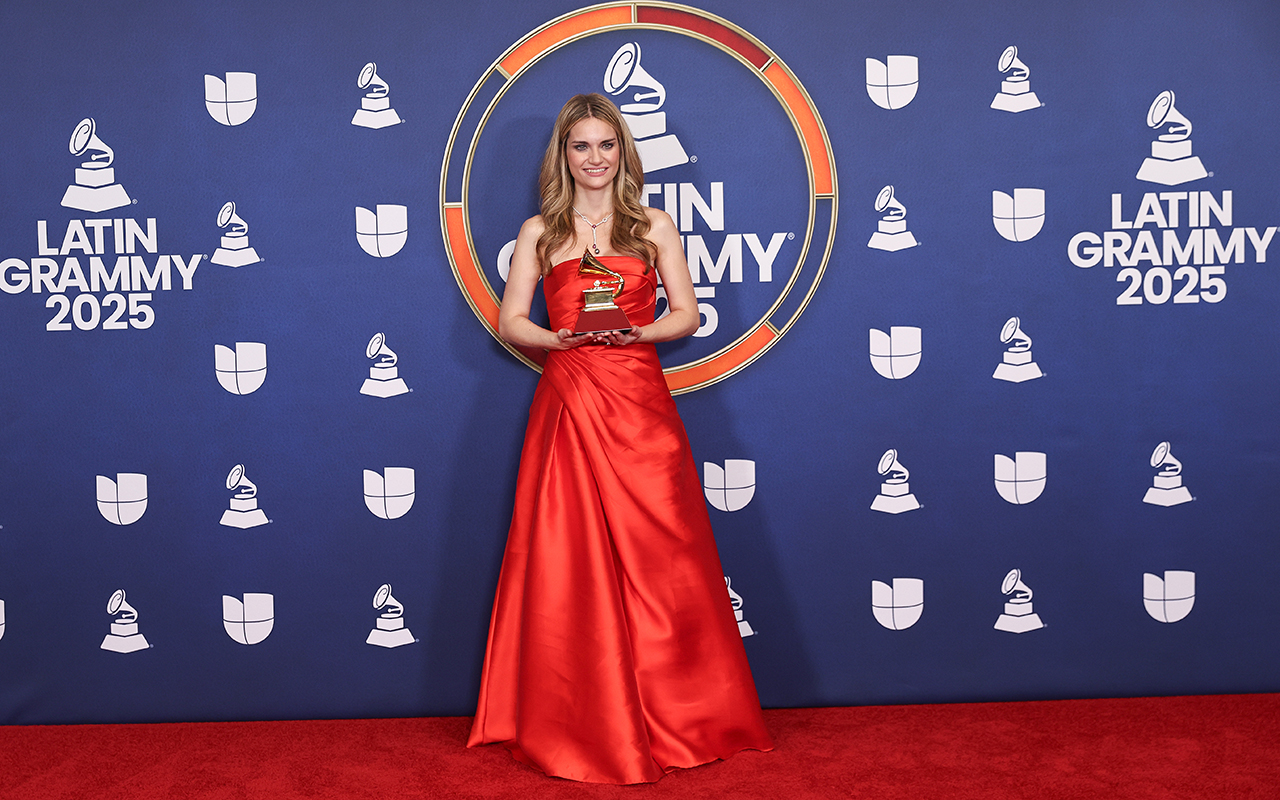
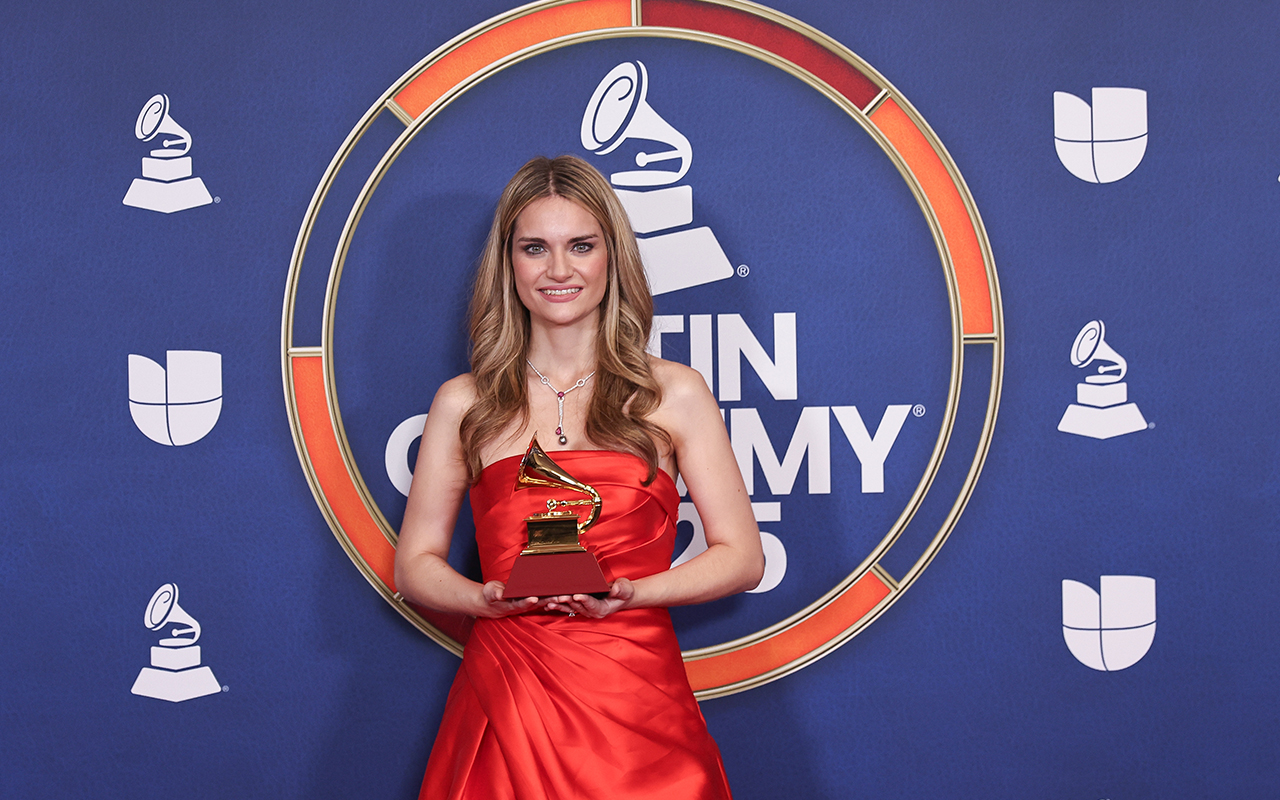
In 2016, together with mezzo-soprano Anna Tonna, Isabel created the Women in Music Project to promote music by female composers from around the world. Her subsequent advocacy of such repertoire has been recognised with a Women to Follow Award, the Alfiler de Oro Prize and a New York Women Composers’ Seed Money Grant; she was also a finalist at the Future Women of Classical Music Awards in London.
The composers heard on this album have all made outstanding contributions to the music world, whether as GRAMMY Award and Pulitzer Prize recipients, Guggenheim Award or Latin GRAMMY Award winners. The music ranges across continents, cultures and traditions to inspire pianists and audiences alike.
Released in October 2024, the album went on to receive widespread acclaim: “Kaleidoscope is a pleasure from start to finish.” (Fanfare); “Superb performances all.” (American Record Guide); “[A] brilliantly inventive showcase for exciting music by contemporary women composers … stunning virtuosity … the excitement she delivers is truly memorable.” (MusicWeb International)
Congratulations to Isabel and all those involved in the production of this fine release.
Julia Severus, who shares her time between Berlin and Paris, has recorded several albums for Grand Piano. These include Adolf Barjansky’s complete piano works on two albums, a new album of Carlo Albanesi’s piano works, and a delightful recording of Tchaikovsky’s opera and song transcriptions, made by several composers as well as herself. Having studied at the Moscow Tchaikovsky Conservatory obviously piqued her interest in the much-loved composer.
Here in this video, Julia gives a fascinating perspective on Tchaikovsky’s life and work, presenting some facets that are both surprising and extraordinary, and not well known to the general music lover. (Did you know that he was one of the most-travelled composers, touring Europe and the US extensively and frequently? And that he was a prolific writer: over 5,300 letters to 360 recipients in four languages have been kept).
In this context Julia also performs some short, less familiar works, namely piano transcriptions of some of his romances. Enjoy!
All at Naxos were saddened to hear of the passing of American pianist, teacher and author Joseph Banowetz on 3 July, aged 87. As a prolific recording artist for the Naxos, Marco Polo and Grand Piano labels, his performances regularly drew glowing comments from reviewers, examples of which are posted below.
Banowetz studied first in New York with Carl Friedberg (a pupil of Clara Schumann) before graduating with the First Prize in piano performance from the Vienna Akademie für Musik und Darstellende Kunst, where his teachers included György Sándor (a pupil of Bartók). He went on to become a noted authority on the music of Anton Rubinstein, making the first recordings of the composer’s solo piano works, together with recordings of all eight of his works for piano and orchestra. Read full article here.
This month marks the 10th anniversary of Grand Piano Records, the classical label devoted to the exploration and discovery of unknown and neglected repertoire for the piano. To mark this significant milestone in the label’s short but distinguished history, Grand Piano has planned a raft of special projects that will take place throughout the rest of this year:
• Five special boxed sets on interesting themes: new collections of award-winning albums from its catalogue will be launched starting with a 10-CD box of works by female composers down the centuries, available from the 4th of March, and 6 CDs spotlighting “The Age Golden of Pianist Composers” in April.
• A dynamic playlist of 88 representative tracks representing the 88 keys on a modern piano will be sited on Spotify and other streaming platforms.
• A newly curated playlist for Apple Music will showcase works by female composers throughout March.
• A limited-edition LP of music by Philip Glass will be released in November.
• Several online events and livestreams throughout the year will feature Grand Piano artists, who will discuss their projects and conduct virtual masterclasses.
Grand Piano’s recordings of music by female composers have generated particular interest and appreciation among the public and reviewers alike, an achievement that will be extended by an imminent series of albums dedicated to the complete piano works of French composer Germaine Tailleferre (1892–1983), who was the only female member of the distinctive group of French composers known as Les Six. A large part of her oeuvre, held in a private collection, has remained unpublished until now. Nicolas Horvath, who already has almost 20 outstanding Grand Piano recordings to his credit, has been selected to perform the first recordings of these works.
The label’s main noted feature is the production of complete cycles of piano works by numerous lesser-known composers that might otherwise have remained ignored and unrecorded. Such composers include Leopold Koželuch, Hélène de Montgeroult, Alexander Tcherepnin, Blagoje Bersa and Mieczsław Weinberg. Grand Piano artists are often authorities on these composers and experts on the chosen repertoire, giving their performances a unique stamp of authority.
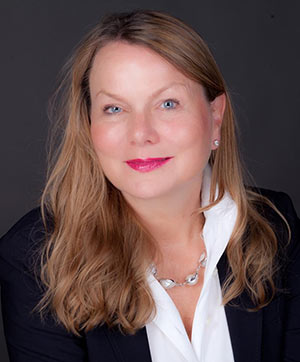
Astrid Angvik, Grand Piano’s label director, expressed pride in the teamwork that had gone into producing an impressive and diverse catalogue that will reach 250 titles this year:
“Most of our albums so far feature world premiere recordings, covering repertoire from 40 different countries and every historical period, including works by living composers”, she said, adding that the programming is somewhat eclectic, ranging from Viennese classical sonatas to Argentine tangos and experimental music.
From the label’s numerous acclaimed releases, she highlighted Nicholas Walker’s admired edition of Balakirev’s complete piano works, which has been cited as the reference set to have by several publications; and Gottlieb Wallisch’s series of 20th Century Foxtrots, where the recent third instalment was picked by the New York Times for its 5 Things to Do This Weekend column, alongside major primetime TV shows on New Year’s Eve.

Founding chairman and CEO, Klaus Heymann, of Naxos Music Group, which owns Grand Piano added: “It’s been rewarding to see what started as a simple idea has blossomed and developed into a leading record label of the piano repertoire, and with a growing catalogue of excellent recordings of neglected works.”
Released in May 2021, pianist-composer Tanya Ekanayaka’s third album for Grand Piano, titled The Planets and Humanity, extended its orbit with a recent commentary on the suite by Maureen Buja in the Hong Kong-based publication Interlude.


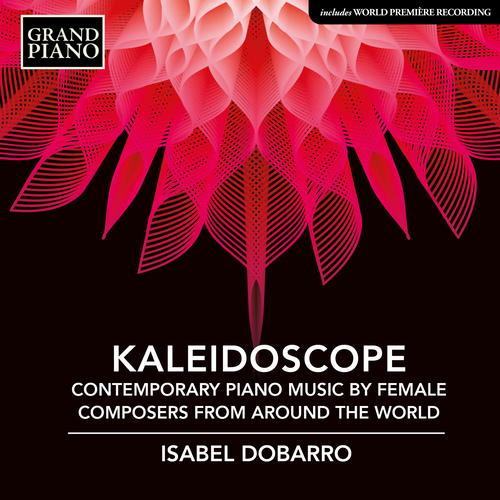

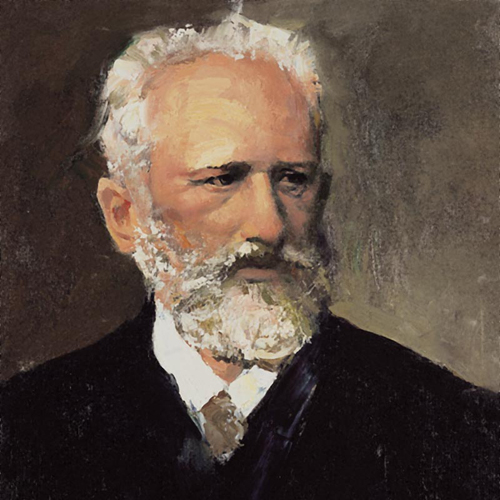

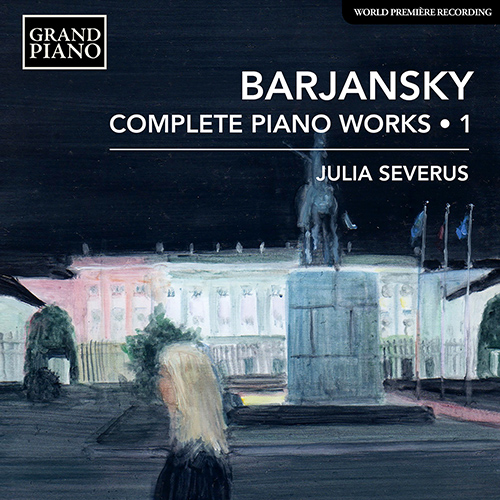
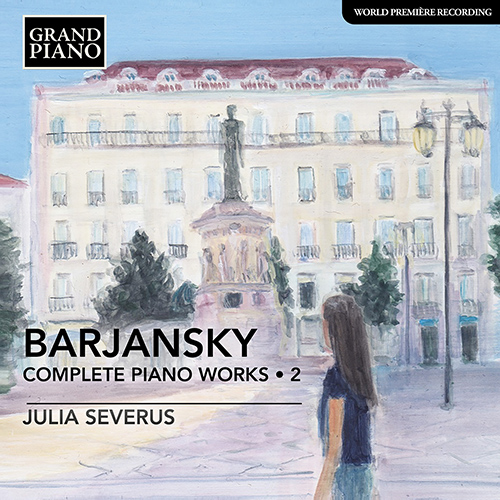
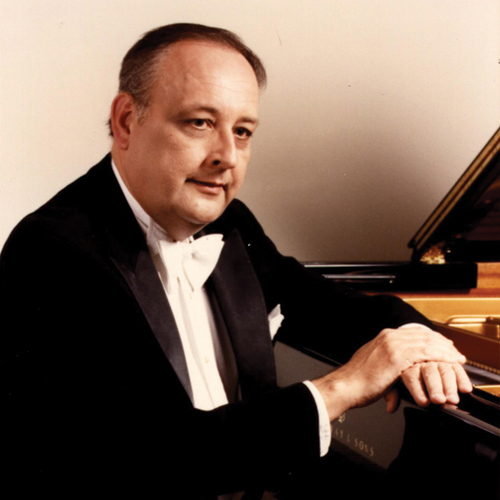


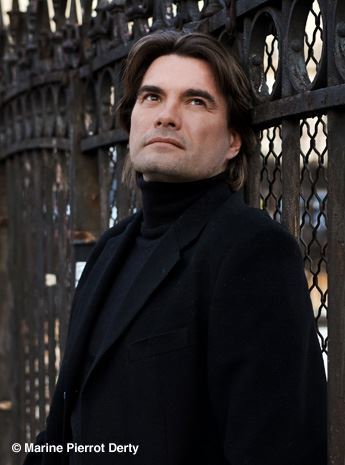

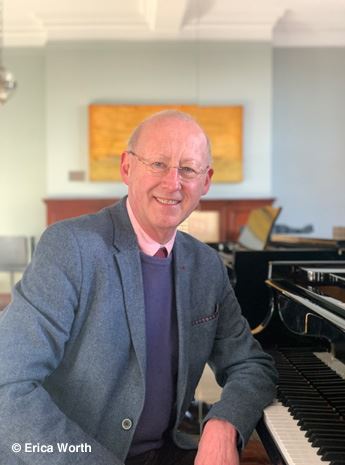
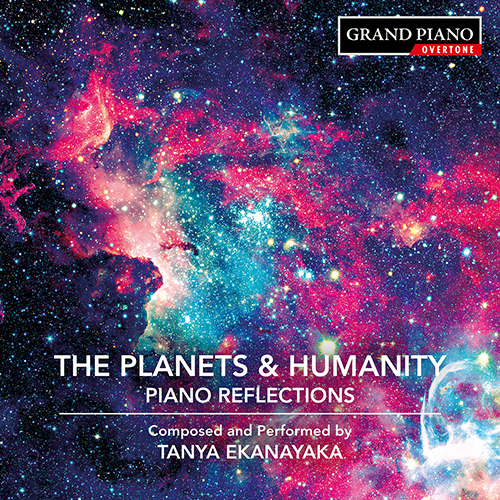

 Grand Piano has gained a reputation for producing high quality recordings of rare keyboard gems. Dedicated to the exploration of undiscovered piano repertoire, the label specialises in complete cycles of piano works by many lesser-known composers, whose output might otherwise have remained unknown and unrecorded.
Grand Piano has gained a reputation for producing high quality recordings of rare keyboard gems. Dedicated to the exploration of undiscovered piano repertoire, the label specialises in complete cycles of piano works by many lesser-known composers, whose output might otherwise have remained unknown and unrecorded.






